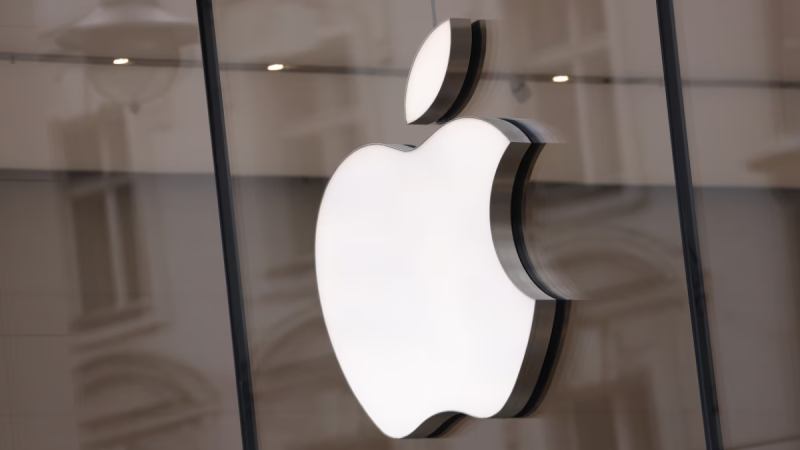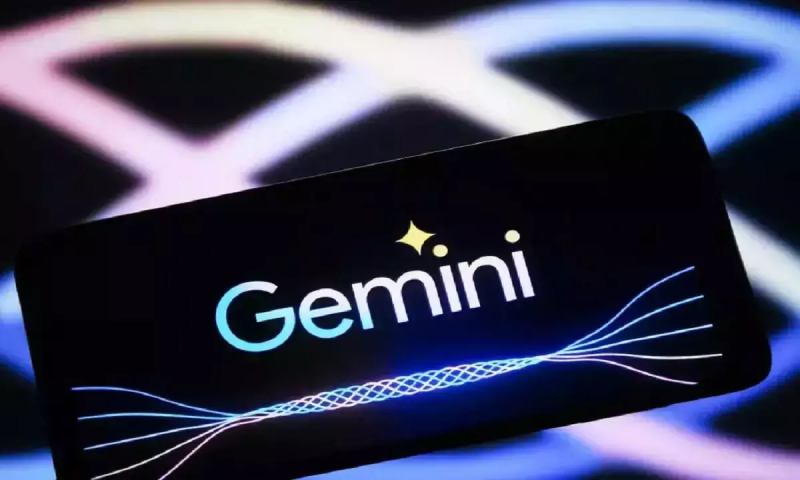Technology
The Gambit of Stability AI for the Future of Video Is Stable Video Diffusion

Technology
AI Features of the Google Pixel 8a Leaked before the Device’s Planned Release
Technology
Apple Unveils a new Artificial Intelligence Model Compatible with Laptops and Phones
Technology
Google Expands the Availability of AI Support with Gemini AI to Android 10 and 11
-

 Technology4 weeks ago
Technology4 weeks agoApple’s MacOS 15 Announcement may Include AI Features for Compatible Macs
-

 Technology4 weeks ago
Technology4 weeks agoAI Data Center Designs Developed in Partnership with NVIDIA by Schneider Electric
-

 Technology4 weeks ago
Technology4 weeks agoThales Introduces AI Platform Tailored for Defense Industry
-

 Technology4 weeks ago
Technology4 weeks agoMarketeam.ai Unveils Ella: A New AI Agent for Social Media Marketing
-

 Technology4 weeks ago
Technology4 weeks agoTheta Labs Unveils Theta EdgeCloud Alongside Additional AI Models
-

 Technology4 weeks ago
Technology4 weeks agoSamsung to Release Galaxy AI-Enabled One UI 6.1 Update for Galaxy S23 and Fold5
-

 Business2 weeks ago
Business2 weeks agoArtificial Intelligence’s Function in Changing Worker Engagement in the Digital Age
-

 Business3 weeks ago
Business3 weeks agoRico Suarez’s Journey: From Gig Worker to CEO Transforming the Moving Industry with Muvr














